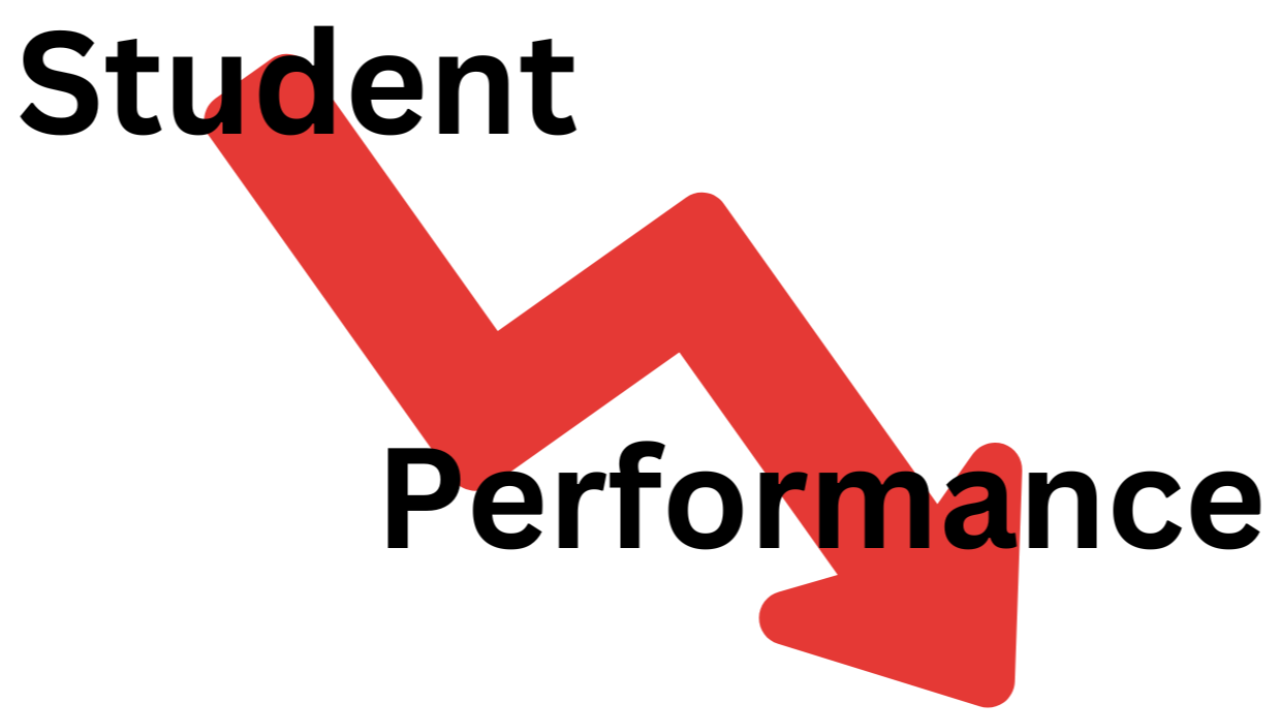Key steps and questions when designing your course syllabus

One of the most important documents you have is your course syllabus. Whether you inherited one or wrote one from scratch, it is an essential tool for you and your students. As such, care and intention must be paid to its development and design.
Although I have written several articles on the syll...
Why Won't/Don't Students Read? And How Can We Get Them To?

I believe we are all familiar with the growing problem of college students not wanting to or simply not reading. This is true not only for required reading, we may assign them for class, but for reading overall, including for enjoyment (McMurtrie, 2024; Swan, 2024). The number of students who read f...
A Good Thing?

I bet we all remember when the teacher called on us cold at least once. Either we didn’t see it coming, or we knew they wanted to pick on someone to answer the question, so we pretended to be writing notes or doing anything other than making eye contact with the teacher. Then, the dreaded thing happ...
Rethinking Quizzes to Encourage Reading

Many of us use quizzes in some form or another. We use them for different reasons as well, some better than others. Some of the challenges with quizzes are that they tend to be lower-level questions that reflect more memorization of information rather than actual learning (Weimer, 2016). Then there ...

When ChatGPT launched in late 2022, much of the focus and concern was students misusing it to write admission essays, papers, or assignments. Faculty worried about how we would know if the student actually did the work or if AI produced it. Attention then focused on products that could help us tell ...
When Things Go Wrong

Recently, I spoke with two programs trying to figure out and create a plan to address issues due to things not going how they intended, namely student outcomes and falling board scores.
In this newsletter, I decided to share my thoughts and experiences working with programs when things go wrong. Al...
Grading Fairly

As someone who spends a lot of time ensuring that curriculum, teaching, and assessment are aligned so we can confidently conclude and provide evidence that our students learned what they needed to know, a question posed by a colleague gave me pause. Though his question focused more on grading consis...
Evidence and Strategies for Lecture Videos

With the pandemic behind us, one positive outcome of that experience is that we now have more options for delivering material to students. Although using videos isn't new, my experience in PA education is that we prefer in-person live lectures because most programs are campus-based. Overall, we are ...
Keeping Student Attention During Lectures

Lately, there have been some interesting musings in the educational literature about lectures. One article suggested ways of keeping students' attention during lectures is through incorporating active learning, which is supported by research (Hoekstra, 2025). Numerous studies place student attention...
Extra Credit: Do you offer it? Should We?

Extra credit can be a divisive issue among faculty. Despite this ongoing disagreement, the literature suggests that the use of extra credit in higher education is more popular these days than in the past (Izienicki & Setchfield, 2019; Norcross et al., 1989; Norcross et al., 1993; Weimer, 2020).
Let...
